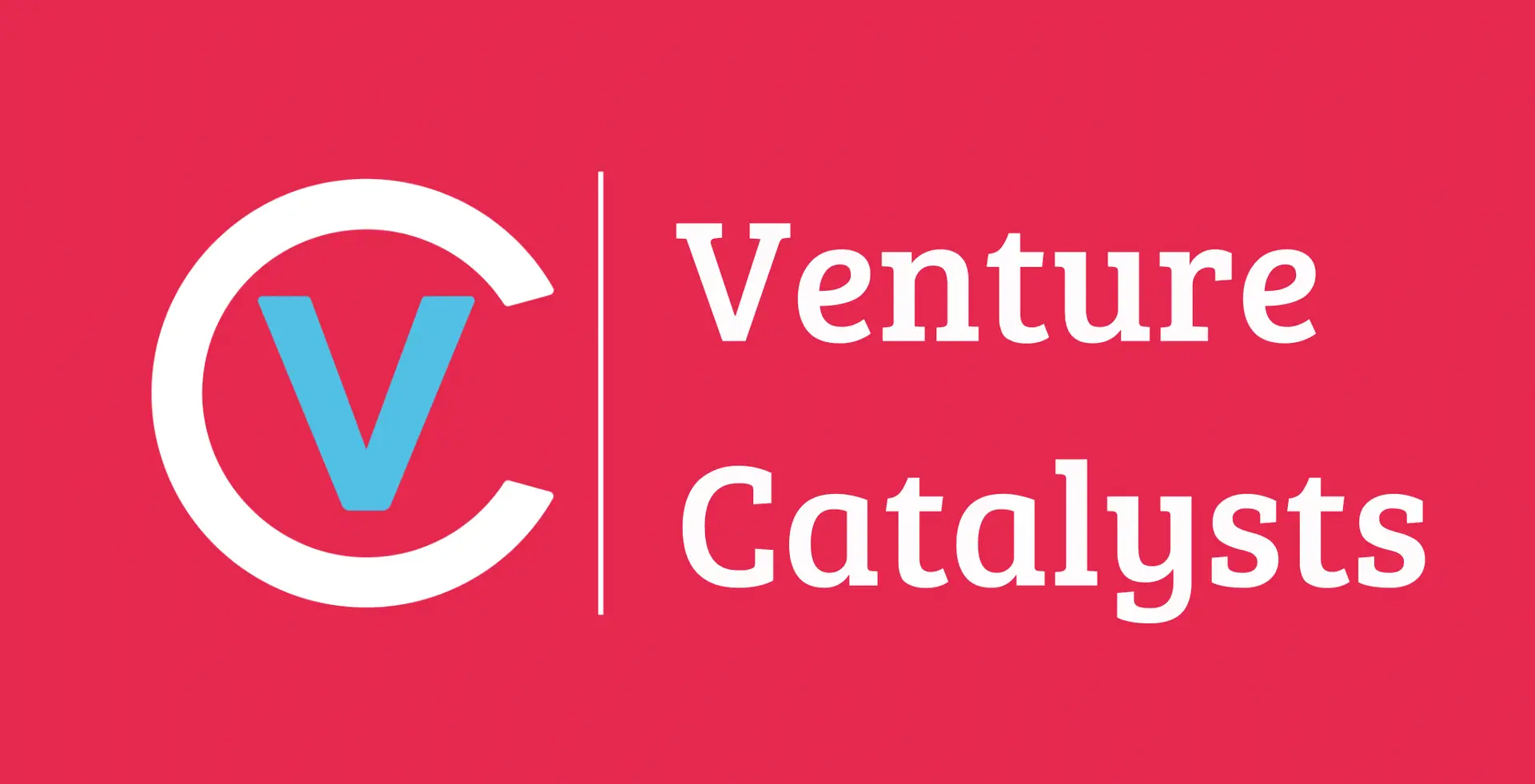Creating a compelling pitch deck is one of the most critical steps for any startup looking to secure funding. However, many founders struggle with structuring their presentations, articulating their value proposition, and aligning with investor expectations. Today, artificial intelligence (AI) is revolutionising the way startups refine their pitch decks, making the fundraising process more efficient and data-driven.
AI-powered tools can analyse thousands of successful pitch decks, provide structured feedback, enhance storytelling, and even help tailor presentations to specific investors. In fact, some AI-driven analytics tools have helped startups increase investor engagement by up to 40%. By leveraging AI, founders can optimise their presentations, improve clarity, and increase their chances of securing investment faster.
This article explores how AI is transforming fundraising, the key areas where it enhances pitch decks, and how founders can use AI effectively while recognising its limitations.
The Rise of AI in Startup Fundraising
AI is changing the way startups and investors approach fundraising:
- Investors are using AI to screen startups faster, analysing business models and financials to identify promising opportunities.
- Founders are leveraging AI to optimise pitch decks, refine messaging, and personalise presentations for different investors.
- AI-powered platforms can evaluate thousands of pitch decks, extracting insights on storytelling, financial projections, and investor appeal.
Examples of AI in Fundraising
- AI-powered pitch deck analysers: Tools that scan pitch decks for clarity, structure, and completeness.
- Investor matching platforms: AI-driven platforms connect startups with the most relevant VCs and angel investors.
- Market research and financial modeling tools: AI analyzes industry trends, competitive positioning, and financial viability.
By integrating AI into their fundraising strategies, startups can make more informed decisions and improve investor engagement.
Key Ways AI Can Improve Your Pitch Deck
AI enhances various aspects of a pitch deck, making it more compelling, structured, and data-backed.
1. Improving Pitch Deck Structure & Storytelling
A well-structured pitch deck is crucial for capturing investor interest. Many founders struggle with information overload or an unclear narrative.
How AI helps:
- Identifies missing key slides (e.g., problem, solution, market size, revenue model).
- Suggests a more engaging story arc to keep investors interested.
- Ensures messaging is concise, persuasive, and free from unnecessary jargon.
Example Tool: AI-powered pitch deck analysers like Decktopus, Beautiful.ai and Venture Catalyst’s Pitch Deck Analyser provide real-time feedback on structure and clarity.
2. Strengthening Market Research & Competitor Analysis
Investors expect data-driven insights on market opportunities and competitive advantages. AI helps founders back their claims with real-world data.
How AI helps:
- Aggregates real-time industry data and trends.
- Identifies market gaps and potential competitive advantages.
- Predicts customer demand and industry growth using external datasets.
Example Tools: CB Insights, PitchBook, SimilarWeb – platforms that analyse industry benchmarks and competitor data.
3. Enhancing Financial Projections & Business Viability
Investors need realistic, well-supported financial models to evaluate a startup’s potential. AI can enhance financial projections and stress-test assumptions.
How AI helps:
- Suggests revenue projections based on industry benchmarks.
- Runs scenario analyses to test different economic conditions.
- Identifies risks and weaknesses in financial assumptions.
Example Tools: Causal, Pry Financials – AI-powered forecasting tools that provide dynamic financial modeling.
4. Increasing Investor Alignment & Personalisation
Different investors have different priorities. AI helps founders tailor their pitch decks to resonate with specific investor preferences.
How AI helps:
- Identifies investors most likely to be interested in your startup.
- Suggests personalised tweaks to highlight aspects investors care about most.
- Automates the creation of custom pitch versions for different investor segments.
Example Tools: Signal AI, Affinity, Crunchbase Pro – AI platforms that match startups with relevant investors based on funding history and interests.
5. Optimising Slide Design & Readability
A well-designed pitch deck enhances credibility. AI-powered design tools ensure that slides are visually appealing and easy to digest.
How AI helps:
- Provides instant design recommendations for better readability.
- Ensures balanced text-to-visual ratios for clarity.
- Suggests improved data visualisation techniques for financials and market insights.
Example Tools: Canva, Beautiful.ai, Pitch.com – AI-driven design assistants for creating visually compelling pitch decks.
How Founders Can Use AI Effectively
While AI is a powerful tool, it should complement, not replace, human judgment and strategic thinking. Here’s how founders can use AI effectively:
- Combine AI insights with expert feedback – AI can refine structure and data, but mentors and investors provide invaluable strategic guidance.
- Validate AI-generated financial projections – Ensure AI-based models align with real-world data and business assumptions.
- Test different AI tools – Not all AI platforms offer the same accuracy; founders should explore multiple options to find the best fit.
- Maintain a personal, authentic tone – AI can assist with clarity, but the pitch should still reflect the founder’s passion and vision.
The Limitations of AI in Pitch Deck Optimisation
While AI provides significant advantages, it also has limitations:
- Lack of deep context – AI lacks the intuition and deep industry knowledge that experienced founders and investors bring.
- Potential for generic content – AI-generated slides may lack originality and a startup’s unique touch.
- Data reliability concerns – Some AI models rely on outdated or incomplete datasets.
The Solution:
Use AI as a supporting tool, but always incorporate human expertise and authentic storytelling to make the pitch deck compelling.
Conclusion
AI is transforming how startups prepare their pitch decks, offering tools to enhance structure, storytelling, market research, financials, and investor alignment. By leveraging AI-powered platforms, founders can optimise their presentations, increase engagement, and improve their chances of securing funding faster.
However, AI should not replace strategic thinking and human intuition. Founders must blend AI-driven insights with their unique vision, expert guidance, and authentic storytelling to craft the most compelling pitch decks.
Are you using AI to refine your pitch deck? What tools have worked best for you? Let us know in the comments!


